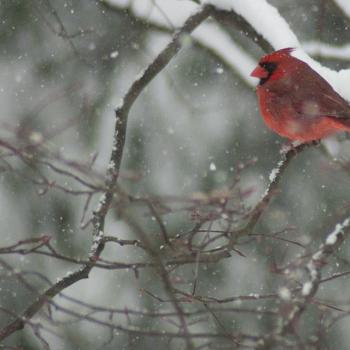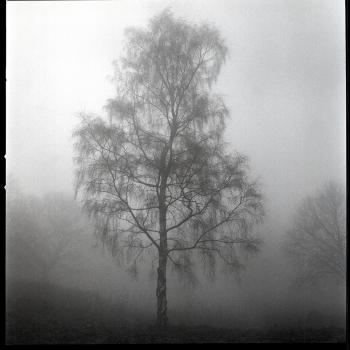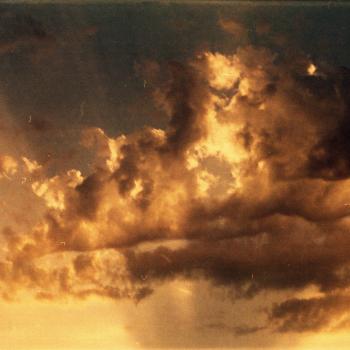“It’s the rhythm in rock music that summons the demons,” said the church community of my childhood. So I took my musical thrills where I could find them. In front of my grandfather’s turntable, I air-conducted Ferde Grofé’s “Grand Canyon Suite,” Prokofiev’s “Peter and the Wolf,” and Benjamin Britten’s “The Young Person’s Guide to the Orchestra.” (more…) Read more















